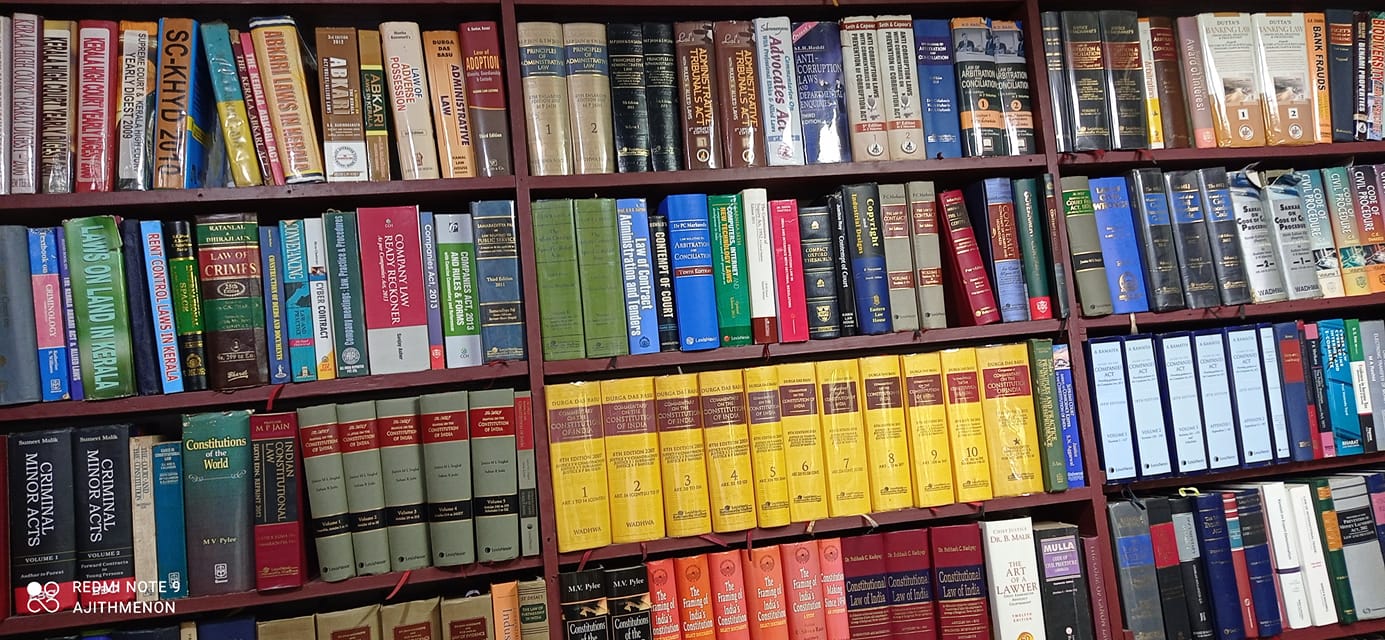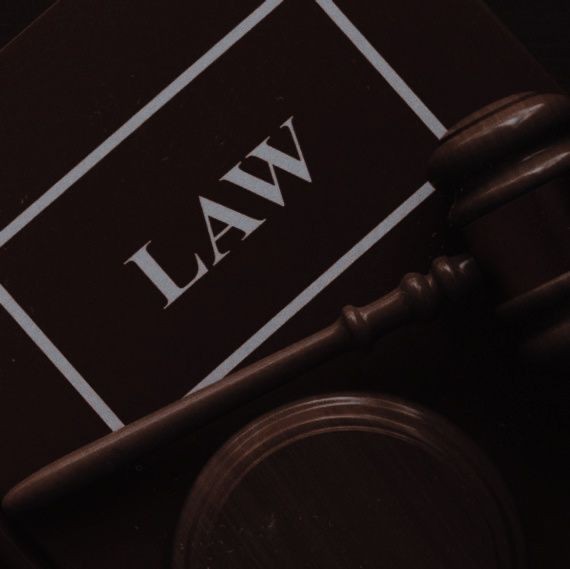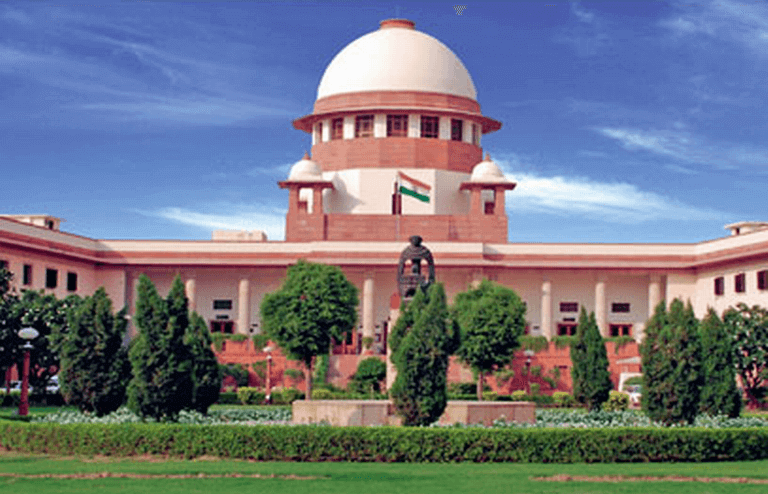High Court under Article 226 cannot issue direction or advisory sermons to the Executive to make any law.
High Court under Article 226 of the Constitution has no power, even indirectly, to require the Executive to exercise its law-making power. It is neither legal nor proper for the High Court to issue directions or advisory sermons to the Executive in respect of the sphere which is exclusively within the domain of the Executive under the Constitution. Power under Article 309 of the Constitution of India to frame rules for regulation of any particular service is the legislative power and that power under the Constitution has to be exercised by the President or the Governor of a State, as the case may be. The courts cannot usurp the functions assigned to the Executive under the Constitution and cannot even indirectly require the Executive to exercise its law-making power in any manner. The courts cannot assume to themselves the supervisory role over the rule-making power of the Executive under Article 309 of the Constitution of India. The legislative power can be exercised by only the legislature or its delegate and none else. The courts must remain within their self-imposed limits. The practice of issuing directions to the legislature to enact a legislation to meet a particular situation should be deprecated.- State of H.P. Vs. Parent of a Student of Medical College AIR 1985 SC 910 (para 4)
- V. K Naswa v. Home Secretary, Union of India (2012) 2 SCC 542
- Mallikarjuna Rao v. State of AP AIR 1990 SC 1251
- V.K Sood v. Department of Civil Aviation AIR 1993 SC 2285
- Narinder Chand Hem Raj v. U T, HP AIR 1971 SC 2399
- Union of India v. Association for Democratic Reforms AIR 2002 SC 2112




























